TEHRAN(Bazaar) –Marc Finaud, Associate Fellow at the GCSP at the Geneva Centre for Security Policy (GCSP), says the talks mediated by Oman indeed created a new opportunity to avoid escalation of tensions between Iran and the United States, but because of the overall political context, apparently no side wants to appear as making unilateral concessions.
He adds that “Each side should be in a position to claim that it gained more than it gave away.”
Following is the full text of interview:
Q: After the optimism that was created after the Sultan of Oman's visit to Iran to reach an agreement on Iran's nuclear issue (at least an agreement that does not increase tensions) with the United States, we are witnessing a setback in this regard, that Rafael Grossi, the Director General of the International Atomic Energy Agency, has also mentioned it recently. What is the reason for this setback?
A: The talks mediated by Oman indeed created a new opportunity to avoid escalation of tensions between Iran and the United States, but because of the overall political context, apparently no side wants to appear as making unilateral concessions. Each side should be in a position to claim that it gained more than it gave away. It is difficult to know the details of the discussions but there are certainly issues that could not be solved in an acceptable way for both sides at this stage.
Q: According to the published news, the issues raised between Iran and the United States include a package of topics such as Iran's regional policy, the release of American prisoners, the halt in Iran's enrichment of more than 60 percent, and Tehran's cooperation with the International Atomic Energy Agency. Do you think these issues in connection with each other have meaning for the parties?
A: Of course, all these issues are relevant and important to find a balanced agreement. As said above, each side must be able to claim vis-à-vis its domestic constituency, that it didn't give up on national security and that an interim package will avoid a worsening of the situation. Regarding Iran's 60 percent uranium enrichment, the important thing is to demonstrate that there is an accepted verifiable restriction preventing from increasing enrichment to weapons-grade level (90 percent) that could trigger strong reactions from the international community.
Q: Rafael Grossi recently announced that Iran's cooperation with the IAEA is not what he expected. Can't these words be evaluated as a pressure lever on Iran at the current stage? Does that mean that if Iran does not comply with the issues raised in the recent negotiations with the US, the agency's leverage will be activated against it?
A: There still are issues in which Iran is expected to increase cooperation, especially to facilitate the Agency's monitoring of Iran's nuclear activities including uranium enrichment. If the IAEA cannot access all the required data, including from past CCTV monitoring, it may conclude that some doubts persist regarding the fully peaceful nature of Iran's nuclear activities. It would thus be in Iran's interest to comply with such requirements.
Q: In October of this year, the sanctions against Iran's missile program will be lifted according to the JCPOA. On the other hand, European countries are trying to extend the sanctions on Iran's missile program. This action has been mentioned as the first clear legal violation of the JCPOA by Europe. What do you think this issue will have on Iran's talks with the other side?
A: The issue of Iran's missile program has been raised at several occasions since the US withdrawal. Insofar as it is related to the restrictions imposed by the UN Security Council, one can expect that there will be no agreement among the Permanent Members to extend the sanctions or impose new ones. Any new sanctions therefore would be unilateral on the part of the EU or the US, and this means that they will not bind other states and will not be entirely effective. One option, as recommended by some EU experts, would be to raise the issue of missiles separately in a regional framework not singling out Iran but including the other countries possessing missiles (Israel, Saudi Arabia, Egypt, etc.).
Q: Considering the recent developments, what is your prediction of reaching an agreement and what kind of agreement is likely?
A: It is very difficult to predict considering the current circumstances such as the domestic situation in Iran and the upcoming presidential campaign in the United States. But if there is sufficient political will on both sides, the present period would offer a window of opportunity that may disappear soon.

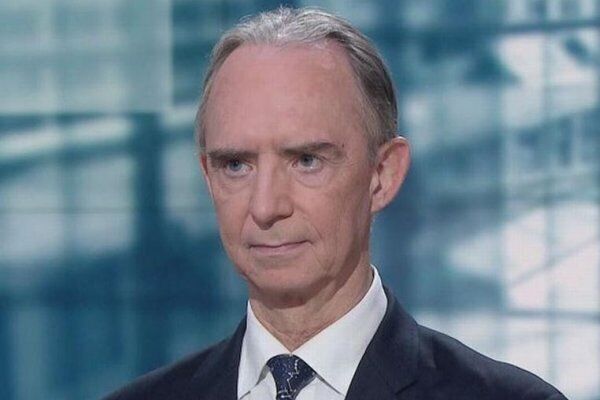



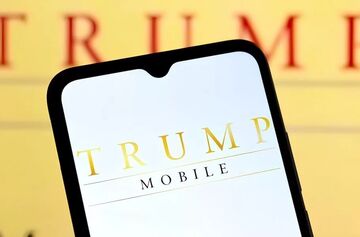
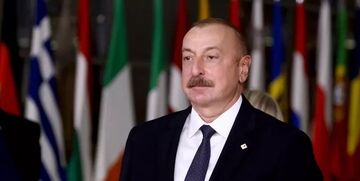
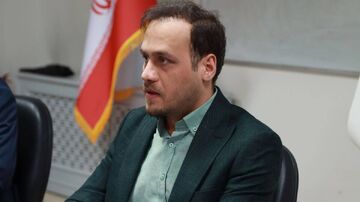

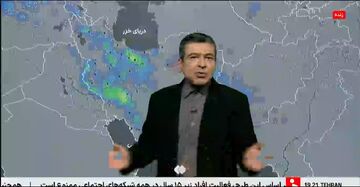
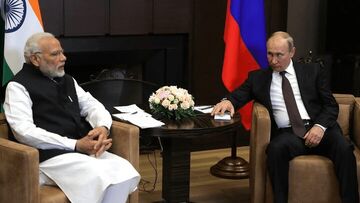
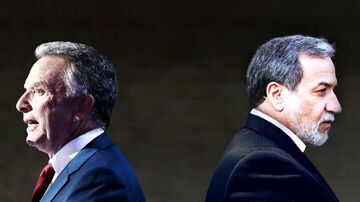
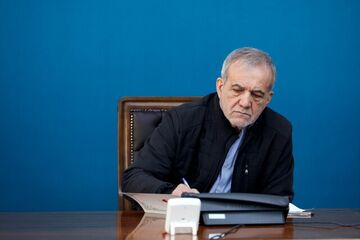
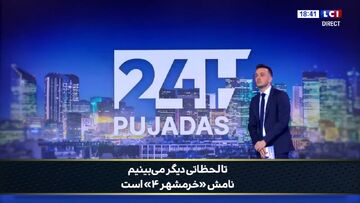

نظر شما